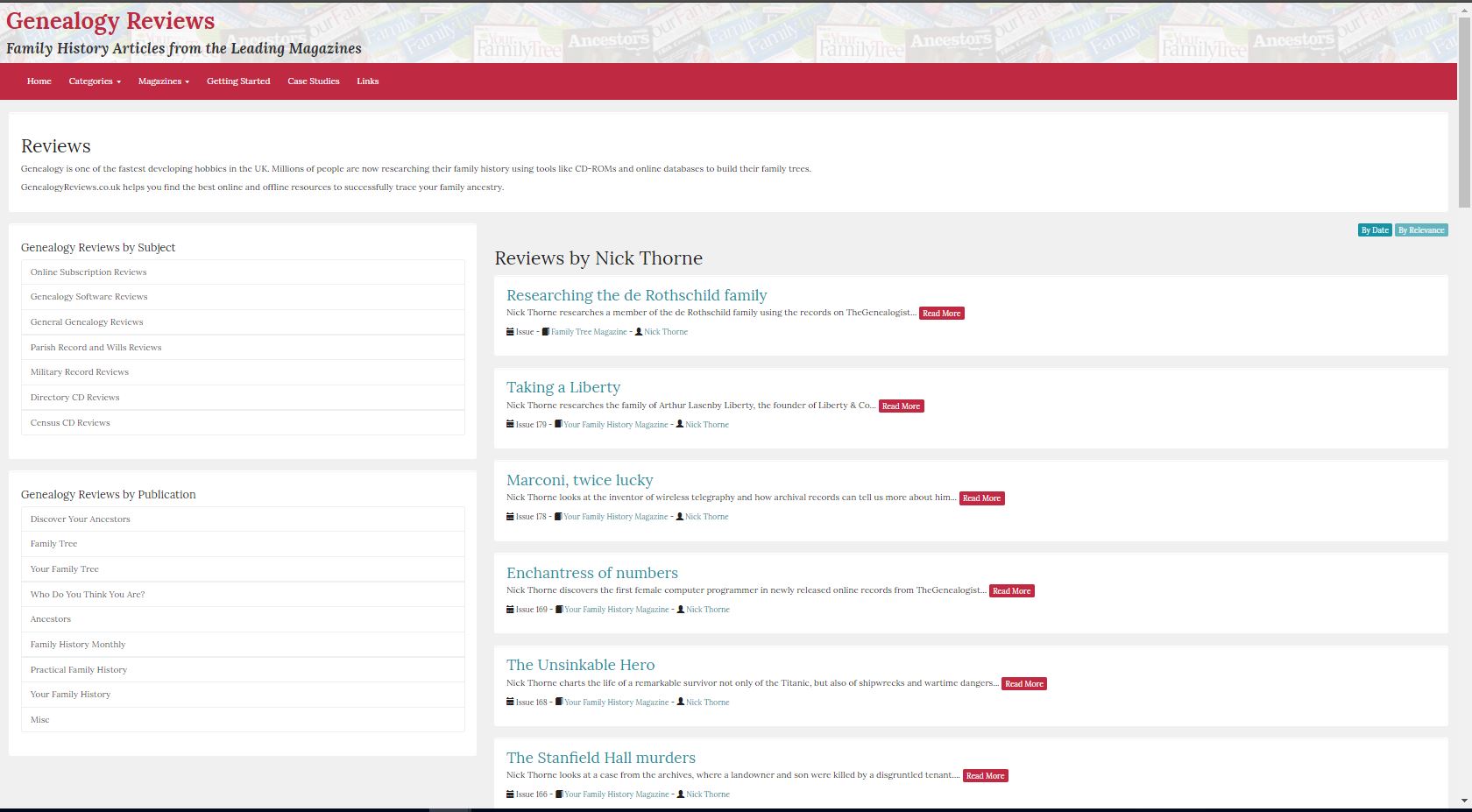Ian Waller from The Association of Genealogists and Researchers in Archives gives his tips for finding ancestors in Britain.
For those people starting to research their British family history one of the important things is to take notice of anything that you are told by your relatives, by your family, because although it may not be 100 percent true there is always something that somebody will know that will give you the idea as to where to go and find other records. It’s important, also, that you take the information in official documents as having a degree of accuracy – although that information is only as good as what was given by the informant at the time. So any information on a birth certificate or a census can be wrong from day one because your ancestors didn’t want you to know the real truth. And that can confuse people, so the other alternative, or the best way of doing this, is to make sure you look at every type of document.
So look at a civil registration certificate; look at a parish register; look at a census; try and get a will and look at anything else that will give you the full details relevant to that particular individual. That way you’re able to build up a picture of what you are aiming to achieve.
As you progress you will find that it becomes complex. You’ll find that you may hit brick walls; you find that you may have conflicting information and in some instances it’s going to be necessary for you to actually go along and work different lines of the family, different individuals, because what you have got to do is make sure that you eliminate those that aren’t part of your family. Its ever so easy to go down a wrong line because you haven’t been clear enough in making sure the family or the individual that you have is the right person. And sometimes that’s beyond the experience and the expertise of the average family historian and that’s where you need to talk to the professionals.
That’s where members of ARGA, The Association of Genealogists and Researchers in Archives can help because they are accredited, they have proven their ability to to do this and yes, they might not find all the answers because if somebody doesn’t want to be found in officialdom, they wont! Irrespective of how good you are and how through you are, but you stand a better chance with using a professional because they know perhaps a little bit more of the overall number of documents that you can use to do that.


